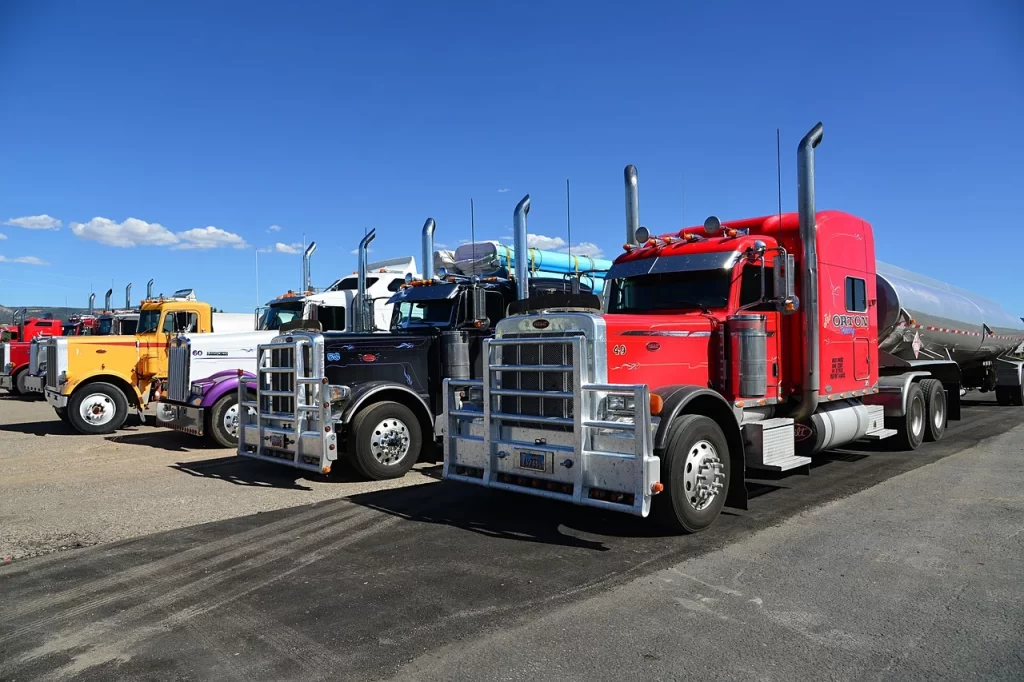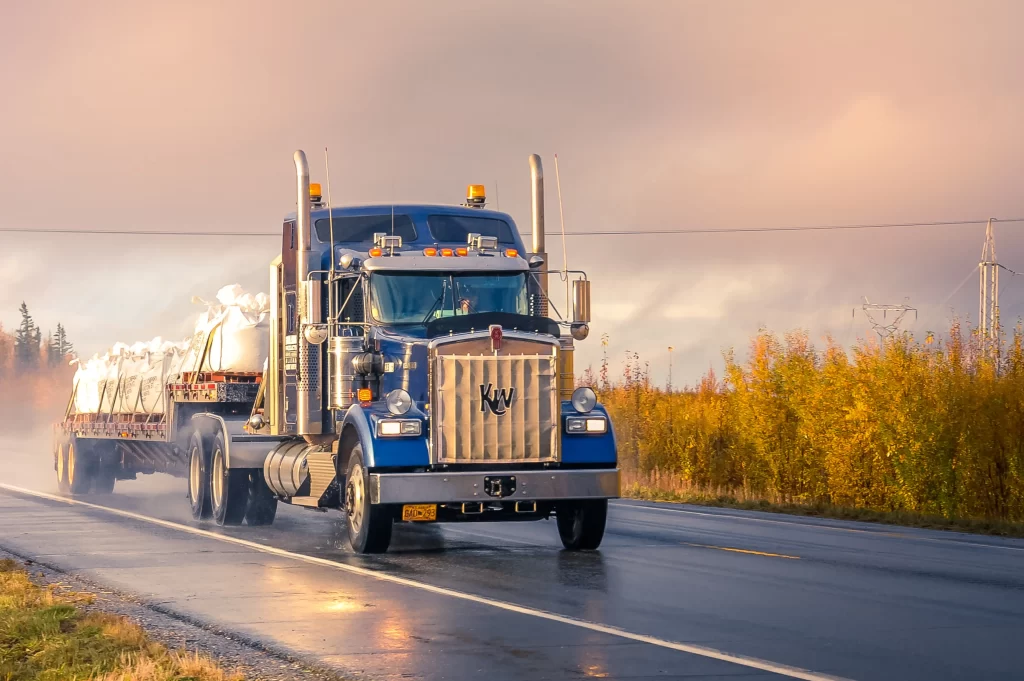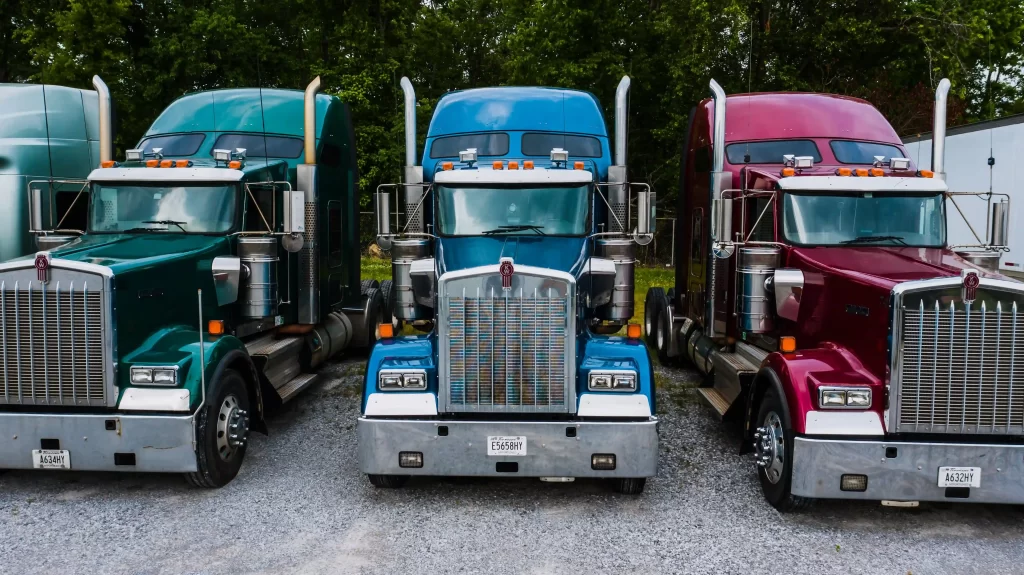
Networking is a vital part of success in the trucking industry. As a truck driver, developing a robust professional network opens doors to exciting job opportunities, provides valuable industry insights, and fosters career growth.
The ability to connect with others in your field is more important than ever in today’s competitive landscape. By actively engaging in networking activities, you can expand your horizons and create a support system that will serve you throughout your career.
Here are some of our best tips on how to effectively network in today’s trucking industry.
Attend Industry Events
One of the most effective ways to build your network in the trucking industry is by attending industry events. These gatherings, which include trucking conferences, job fairs, and trade shows, bring together professionals from various sectors of the industry.
By participating in these events, you’ll have the chance to meet potential employers, learn about the latest industry trends, and discover new job opportunities.
To make the most of these events, come prepared with business cards and engage in meaningful conversations with other attendees. After the event, follow up with your new connections to solidify the relationships you’ve started.
Join Online Trucking Communities and Forums
In today’s digital age, online communities and forums play a significant role in professional networking. For truck drivers, these platforms offer a way to connect with experienced peers, industry experts, and fellow graduates from truck driving schools.
By joining trusted truckers network communities and forums, you can get involved in discussions, ask questions, and share your knowledge with others in the field.
These online spaces often serve as valuable sources of information, including job postings, company reviews, and insights about different routes. Active involvement in such communities can help you stay informed about industry developments and potentially lead to new career opportunities.
Utilize Social Media Platforms
Social media has changed the way experts connect and communicate, and the trucking industry is no exception. Platforms like LinkedIn are designed specifically for professional networking and can be powerful tools for building your trucking network. Set up a professional profile that spotlights your experience, skills, and career goals.
You should also join trucking-related groups on these platforms and follow industry influencers to be updated on the latest news and trends. Participate in relevant discussions and share informative content to showcase your knowledge and interest in the trucking industry.
Having an interesting and professional social media presence can help you attract the attention of potential employers and expand your network of industry contacts.
Go to Trucking Association Meetings
Local and regional trucker associations frequently organize seminars, meetings, and networking events that are incredibly helpful for building your professional network. By joining these associations, you gain access to a wealth of industry knowledge and opportunities to connect with other professionals in your area.
These events frequently feature guest speakers who provide observations on industry trends, best practices, and regulations.
Actively participate in association meetings; they not only broaden your network but also showcase your commitment to continuous learning and professional growth. These relationships can be priceless as you advance in your trucking career.
Connect with Trucking Company Recruiters
Building relationships with trucking company recruiters can give you a significant advantage when seeking employment opportunities. Many trucking companies organize career fairs specifically to connect with qualified and motivated drivers.
Attending these events lets you interact directly with recruiters who are actively seeking candidates. Before you attend a career fair, research the companies you’re interested in and prepare thoughtful questions. Have a brief introduction ready that highlights your skills and experience.
After the event, follow up with recruiters to express your gratitude for their time and reiterate your interest in potential opportunities. These relationships can prove invaluable when you’re ready to make a career move or explore new options in the industry.
Navigating Your Way to Success with Truck Parking Club
Building a strong network in the trucking industry is a continuing journey that opens doors to numerous opportunities. Engage in industry events, online communities, social media, and association meetings, and connect with recruiters.
This way, you’re investing in your long-term success. Remember, networking isn’t just about finding your next job – it’s about creating a support system and continuously growing as a professional.
At Truck Parking Club, we’re committed to supporting your networking efforts. Our platform provides a special opportunity to connect with fellow trucking professionals, exchange insights, and expand your professional circle.
Whether you’re a property member offering parking spaces or a trucker member seeking connections, we facilitate those valuable interactions.
If you have questions about your booked space or need assistance with your networking journey, don’t hesitate to reach out. Our trusted hosts are always ready to help with space-related inquiries, and you can contact them directly using the provided number.
For any other questions or issues with your reservation, the Truck Parking Club team is just a phone call away at (888) 899-7275. You can also use our online contact form for support. We’re here to ensure your experience with us is smooth and beneficial, helping you build a robust network in the trucking industry.
The information published herein is for general informational purposes only. Truck Parking Club does not make any representations or warranties about the completeness, reliability, legality, and accuracy of this information. Any reliance placed on such material is strictly at the user’s own risk. Truck Parking Club shall not be responsible for any losses or damages incurred in connection with the information published herein.





